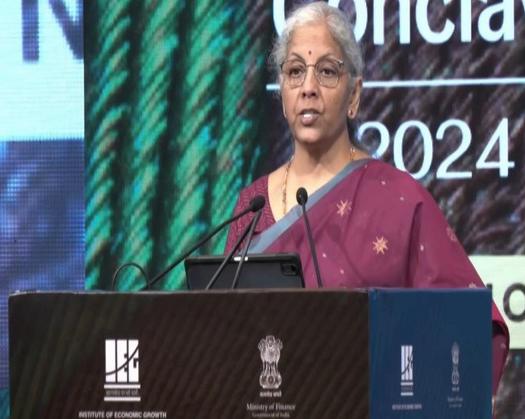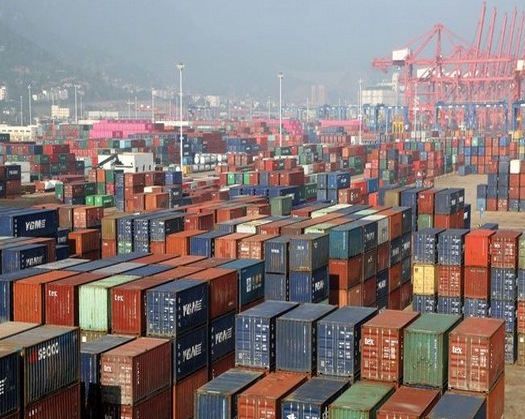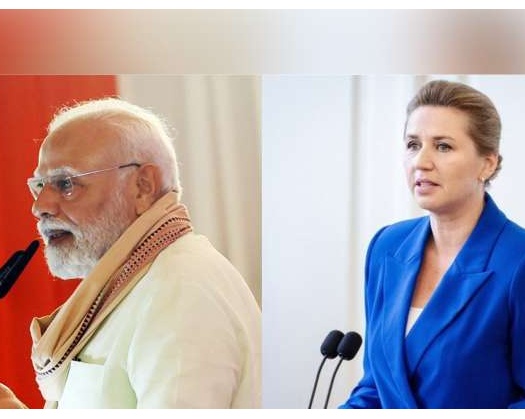New Delhi: At the Kautilya Economic Conclave, held in New Delhi on Friday, Union Finance Minister Nirmala Sitharaman presented a comprehensive overview of the foundational elements contributing to India's economic expansion. In her address, the finance ministers underscored the reforms implemented within India's banking sector and their significant impact on the nation's economic landscape.
Sitharaman articulated, "The robustness and resilience of India's banking sector have been fortified through a consistent policy emphasis on enhancing asset quality, augmenting provisions for impaired loans, maintaining adequate capital levels, and improving profitability."
She further elaborated, "Non-Performing Asset (NPA) ratios have reached a multi-year low, and the banking sector now boasts efficient mechanisms for debt recovery. Ensuring the financial system remains in good health and sustains its momentum is another of our primary policy objectives."
The Finance Minister highlighted the enhanced asset quality within India's banking sector, referencing the low NPA ratios and the robust mechanisms for debt recovery.
The Minister also shed light on the notable improvements in India's logistics infrastructure, especially its ports, over the past decade. These advancements have propelled India to the 38th position in the World Bank's Logistics Performance Index, a significant improvement from its ranking of 54 in 2014.
Stressing the government's approach of "minimum government and maximum governance," the Finance Minister detailed key reforms across infrastructure, investment, and trade policy.
"We have pursued the deregulation and simplification of labor codes, the implementation of the Goods and Services Tax (GST), the Real Estate Regulation Act (RERA), insolvency and bankruptcy laws, and the liberalization of Foreign Direct Investment (FDI) across various sectors," she stated.
The Minister also emphasized the critical role of innovation and research in shaping India's future economic trajectory. In the fiscal year 2024 budget, a allocation of Rs1200 crore was made for research and development, with a focus on fostering collaboration among academia, the private sector, and the government.
"We have established the Anusandhan Research Fund to support and promote research across academic institutions and research laboratories," she added.
Concluding her remarks, the Finance Minister highlighted the necessity of addressing the needs of India's most vulnerable groups--the impoverished, women, youth, and agricultural sector workers--in the formulation of future budgets.
"In the end, the primary beneficiaries and stakeholders of the growth trajectory towards Viksit Bharat will be the four major castes: 'Garib' (Poor), 'Mahilayen' (Women), 'Yuva' (Youth), and 'Annadata' (Farmers)," she concluded.









